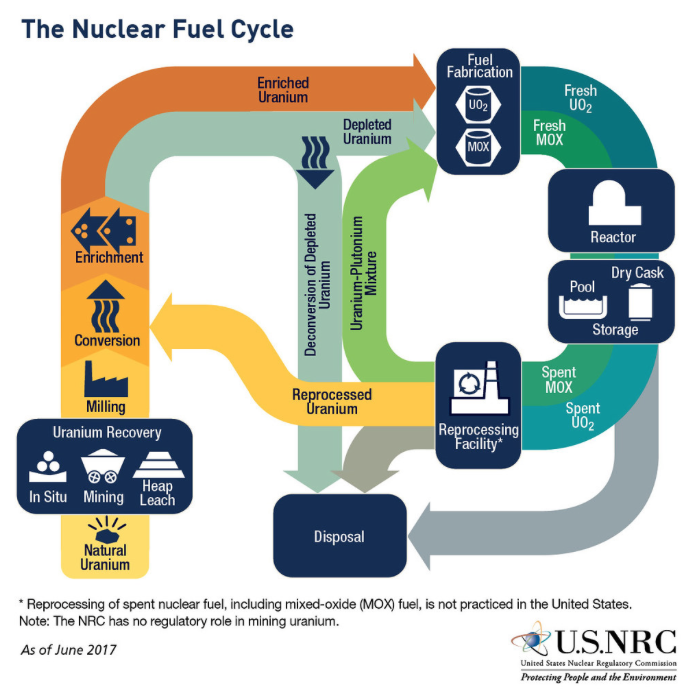When most people think of logistics, they picture boxes, trucks, and delivery routes. But transporting nuclear waste? That’s an entirely different world — one where safety, precision, and regulatory compliance come first at every turn. At Turnkey Technical Services, we specialize in navigating this complex landscape, helping government agencies and contractors move hazardous materials safely and reliably.
So what exactly makes nuclear waste logistics so complicated? Let’s break it down.
1. Extreme Regulatory Oversight
Every move we make is guided by a dense web of federal, state, and local regulations. The Department of Transportation (DOT), Department of Energy (DOE), Nuclear Regulatory Commission (NRC), and Environmental Protection Agency (EPA) all play roles in defining how nuclear waste is classified, packaged, handled, and transported.
Turnkey’s compliance team ensures every shipment meets or exceeds these standards — from secure containerization to properly documented manifests. Mistakes aren’t just costly — they’re unacceptable.
2. Specialized Equipment and Packaging
Unlike standard freight, nuclear waste can’t be loaded onto a truck with off-the-shelf gear. It requires certified containers designed to withstand crashes, fires, and environmental hazards. Transport vehicles must be specially equipped and maintained, and our drivers are trained to handle highly sensitive materials under the most demanding conditions.
Turnkey invests in top-tier equipment and rigorous maintenance programs to meet these demands without compromise.
3. Route Planning and Security Protocols
Not just any highway will do. Routes must be pre-approved and chosen for their safety, accessibility, and distance from populated areas. We also work closely with local and federal agencies to ensure proper escorts, tracking, and emergency response protocols are in place. In many cases, routes are classified to prevent security risks.
At Turnkey, route planning is a detailed operation in itself — blending logistics experience with risk mitigation.
4. Public Safety and Environmental Impact
The stakes are high in nuclear waste transportation. One incident could impact public health or the environment for decades. That’s why everything we do is centered on minimizing risk — from redundant safety systems to real-time monitoring during transit.
Our drivers are more than CDL-certified — they’re trained to respond calmly and effectively to any situation. We don’t just move materials. We protect communities.
5. Reputation and Trust
Nuclear waste logistics is a high-trust industry. There’s no room for shortcuts, and only proven partners are brought to the table. Turnkey’s DOE-approved status, 5+ million safe miles, and long-standing relationships with federal contractors speak to our reliability and experience.
When the job is this critical, clients don’t look for the cheapest bid — they look for the team they trust most.
Nuclear waste logistics isn’t just about transportation — it’s about accountability, precision, and doing things right every time. At Turnkey Technical Services, we’ve built our reputation on safely handling some of the most complex and sensitive shipments in the country. And we’re proud to play a role in helping federal agencies clean up sites, protect people, and safeguard the environment.

